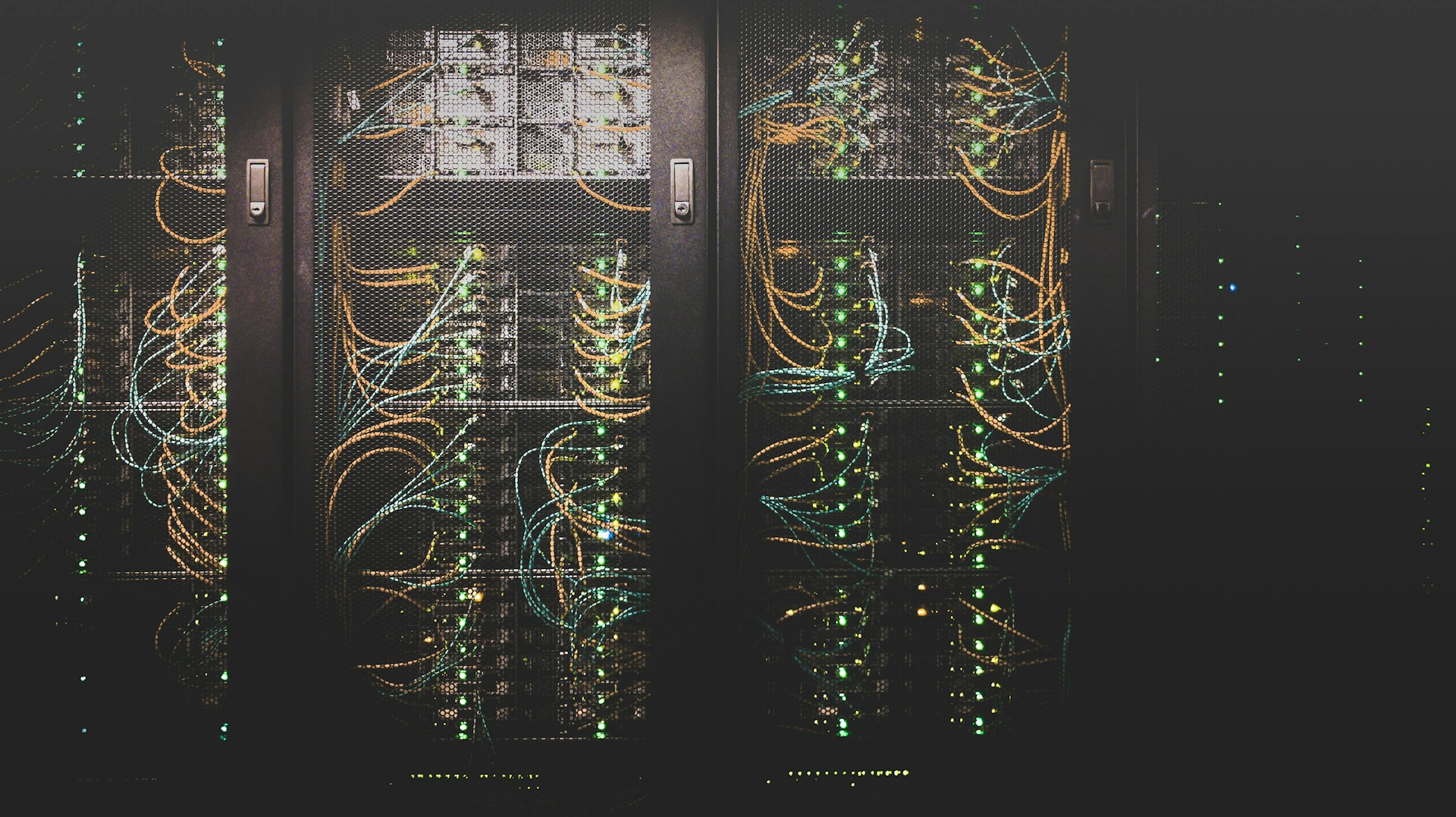

Writing About AI
Uvation
Reen Singh is an engineer and a technologist with a diverse background spanning software, hardware, aerospace, defense, and cybersecurity. As CTO at Uvation, he leverages his extensive experience to lead the company’s technological innovation and development.

The integration of artificial intelligence (AI) into data centres is a significant and growing trend. In 2024, worldwide spending on data centre systems is projected to see a 10% growth, which is heavily influenced by the planned implementation of generative AI technologies. This growth is part of a cycle that began in 2023 with enterprises telling the “story of GenAI”. According to John-David Lovelock, a distinguished vice president analyst at Gartner, many of these enterprises are now in the planning phase in 2024, with the expectation of executing their plans in 2025. This indicates a rapid progression from concept to implementation across the industry.
Traditionally, managing data centres relied on human oversight and processes that were resource-heavy. However, the IT landscape has evolved significantly since the data centre consolidation of the early 2000s. The rise of virtualisation and cloud computing has led to an enormous increase in the volume and complexity of data, making it progressively more difficult for humans to monitor and manage effectively. AI is stepping in to address this challenge, transforming operations to be more efficient, secure, and responsive. AI technologies used in this context range from machine learning (ML) and deep learning (DL), which recognise and learn from patterns, to generative AI, which can create new content like text, images, or audio.
Integrating AI into data centre management offers a wide array of multifaceted benefits that improve current performance and prepare IT environments for the future. Key advantages include:
Despite the significant benefits, integrating AI into data centre management presents several challenges that organisations must address. These hurdles include:
The future of AI in data centre management appears very promising, with its potential return on investment seen as outweighing the risks. Its convergence with other emerging technologies is expected to significantly boost efficiency and innovation. Key future trends include:
We are writing frequenly. Don’t miss that.

Unregistered User
It seems you are not registered on this platform. Sign up in order to submit a comment.
Sign up now